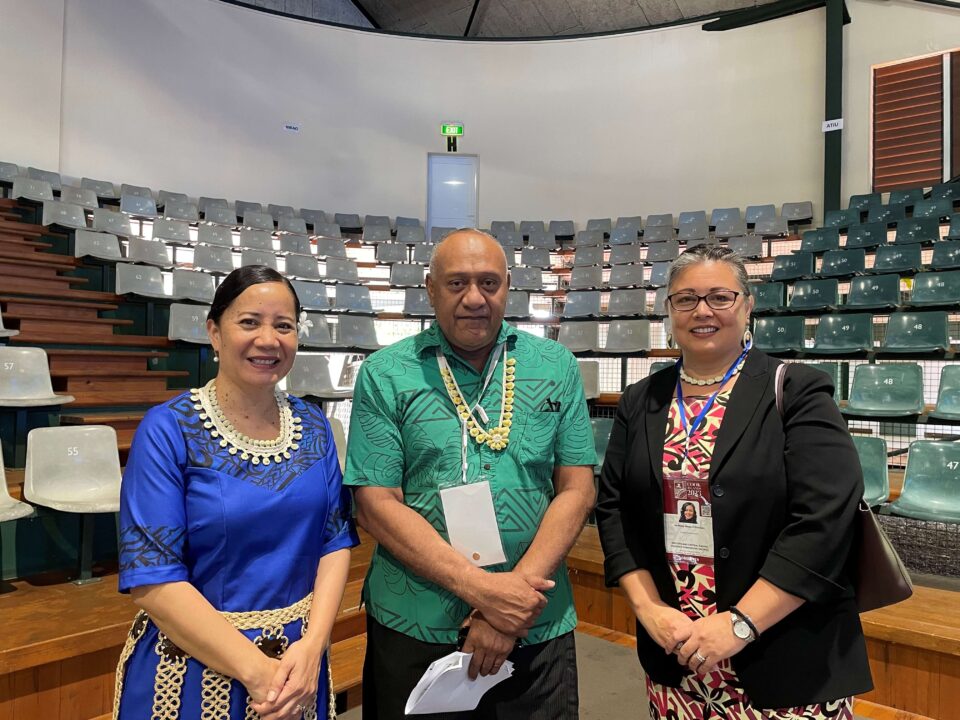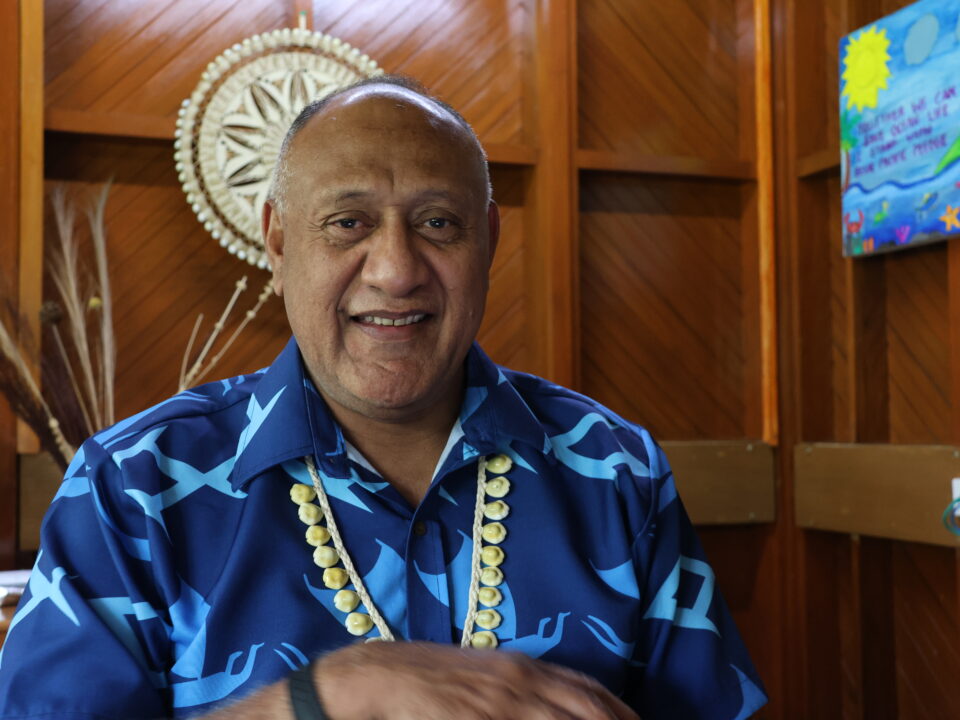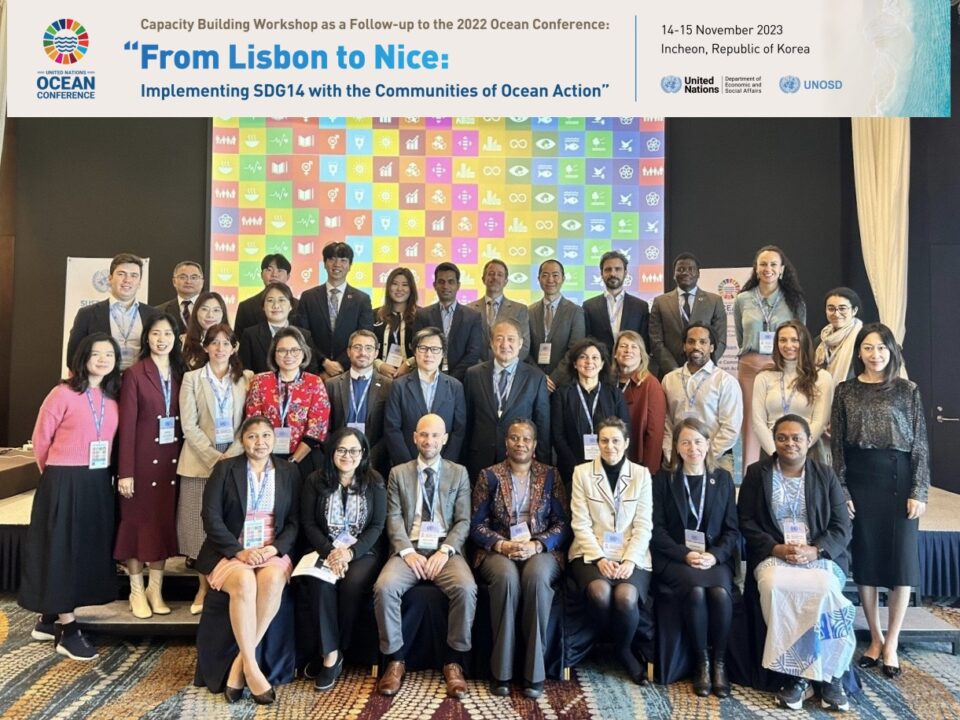
One of the Pacific Small Island Developing States (PSIDS) lead negotiators for the high seas biodiversity treaty says State Parties need to start reaching out and be engaged in the difficult conversation to find common grounds that will bring consensus before the next round of negotiations in March next year.
Janice Kemakeza, the deputy Permanent Representative of Solomon Islands at the United Nations is PSIDS lead negotiator on one of the four thematic negotiating groups on environment impact assessments (EIAs).
She said PSIDS will now engage Parties with opposing views to see if there are common grounds to work from.
“These are the difficult conversations that we are going to have. They know and we know that we all are not going to get what we want but we are willing to talk and come to a place where we are able to say, yes we can realistically achieve this. That is what is going to take between now and March 2020.
From the negotiations, some observers singled out China, Japan and the Russian Federation as three of the countries to watch out for, who are ‘holding up the negotiations’ with their hard-line positions.
Kemakeza said the 12 PSIDS countries have presented a unified and strong position at IGC3, which concludes Friday.
“I have seen that where individual countries have views that differ, we’ve managed to sit in the same room and hash out these differences and come up with treaty language that can accommodate everyone’s needs. This is important because we are sitting down and talking about our differences ensuring that we want as PSIDS gets on to the treaty.
“There’s a lot of work that needs to be done intersessionally between now and the fourth intergovernmental conference in March next year. I think the ambition is still strong within our PSIDS and strong with our neighbours including Australia and NZ. We have all said we want this to be done by the fourth IGC because we have been talking about conservation and management of areas beyond national jurisdiction for 14 years and that is a very long time, said Kemakeza,
On her role as lead negotiator for PSIDS on EIAs, Kemakeza said the Pacific wants to ensure global minimum standards are in place for State Parties to abide by if they wish to undertake any sort of activities in the areas beyond national jurisdiction.
“We have put in proposals where we are saying to countries if there are high seas pockets that surround their exclusive economic zone (EEZ), they need to consulted and be aware of the kind of activity being undertaken whether it be fishing or marine research or any activity in the high seas.
“We understand from various side events and presentations here that due to the fast pace of technology, in the near future we could have artificial islands and infrastructure set up on the water. This is important for us to be aware of, as adjacent states to the high seas, said Kemakeza.
She said it has been a great learning experience to understand the national positions of the 12 Pacific member countries that are negotiating as a PSIDS bloc at BBNJ.
“This is a very important issue for all of us PSIDS as large ocean states. We have a great stake in how we want to be able to manage our resources, not just within our waters but outside our national jurisdiction as well.
The senior Solomon Islands diplomat at the UN is optimistic that common grounds will be found in time for IGC4 next year.
“I have the feeling that having the draft text has been useful. We are now no longer talking in terms of general issues, we are now honing in on the details that need to be in the text. That’s important because we really want to see where everyone is coming from, what our positions are and what the positions of our partners are. This has been helpful in terms of coming together to form common positions. That being said, it has been pointed out that there remains very divergent views.
“But for us in the Pacific, capacity building is an important element in order for us to operationalise such an agreement. We need the capacity and resources to be able to do this.
For Solomon Islands, the proposed global high seas treaty is critical in the sustainable use if it’s marine biodiversity resources – particularly its tuna stock.
“We are an ocean based economy because of our tuna. Tuna is related to issues of connectivity. They don’t stay in one place. They traverse the high seas and given the current stresses on the ocean and pressures brought about by climate change, that is affecting how tuna spawns and where they are migrating to.
“If we are going to talk about sustainable use of our resources we have to talk about it hand in hand with conservation. This is the important for Solomon Islands knowing that this new treaty will allow us to sustainably use our resources but at the same time conserve it so it’s there not just for us but for the future generation in the long term, said Kemakeza.
The fourth and final Intergovernmental conference on BBNJ will convene in March next year.
PACNEWS coverage of the BBNJ IGC 3 in New York is made possible with funding support from the New Zealand Government through the Office of the Pacific Ocean Commissioner (OPOC).
Published: PACNEWS



